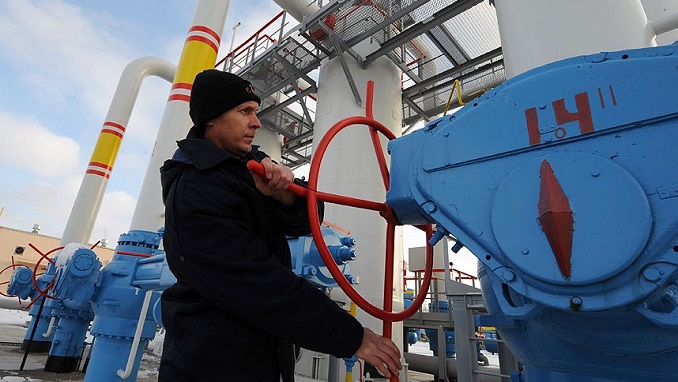Shares of the Polish state gas company PGNiG doubled in price over the year. The Poles attribute this to the fact that Gazprom has too high prices. However, analysts have a different opinion, RIA Novosti reported.
If at the beginning of 2019 PGNiG shares were quoted at 7.6 zloty (about $ 1.9), now they are given only 3.6 zloty.
This is not the first time that Warsaw accuses Russia of its troubles. “Indeed, the PGNiG exchange rate plummeted over the year, and the reasons are well known,” said Jerzy Kveczynski, Chairman of the Board of PGNiG.
According to him, the “unfavorable contract” with Gazprom, which leads to expensive gas purchases, is to blame. “This has a very strong financial effect,” complains the head of PGNiG.
However, this explanation raises many questions among analysts. European gas prices began to decline in the summer of 2018. In September, blue fuel was sold at European hubs at 308 euros per thousand cubic meters, in January 2019, already at 216.
It is noteworthy that against the background of this drop in gas quotes by 30%, PGNiG shares did not fall in price, but, on the contrary, went up by the same 30% (from 5.3 zloty at the end of July to 6.9 zloty in January).
Elementary economic logic suggests that if at constant Gazprom tariffs PGNiG shares first rose and then suddenly fell, it was not a Russian concern at all.
Just since 2019, a new factor has been operating that significantly affects the financial results of PGNiG. Namely: in November 2018, a Polish state-owned company signed a contract with the American Cheniere Energy to purchase 0.73 billion cubic meters of gas per year.
Immediately after deliveries of overseas LNG to the Swinoujscie terminal began, PGNiG shares went into a dive mode. This is not surprising, since taking into account transportation and regasification, American gas is significantly more expensive than Russian.
Analysts disagree on Warsaw overpaying for “freedom gas”, since much depends on the difference in quotes on American and European gas hubs, the cost of freight for gas tankers, and these parameters are constantly changing.
In any case, we are talking about additional costs in the amount of from 60 to 160 dollars per thousand cubic meters. And the lower the quotes on the European gas market, the more transport costs are hit by PGNiG finances – because their share in the total cost structure only increases.












